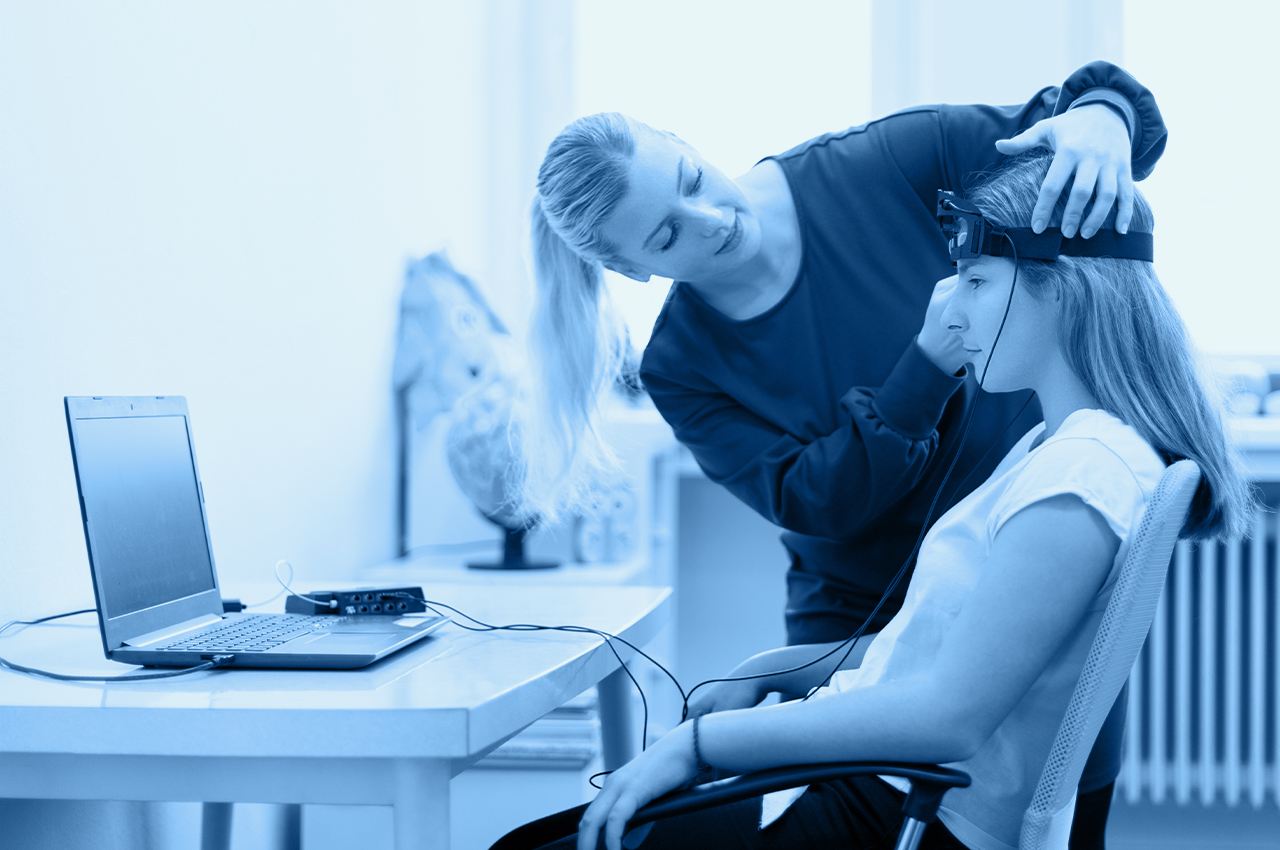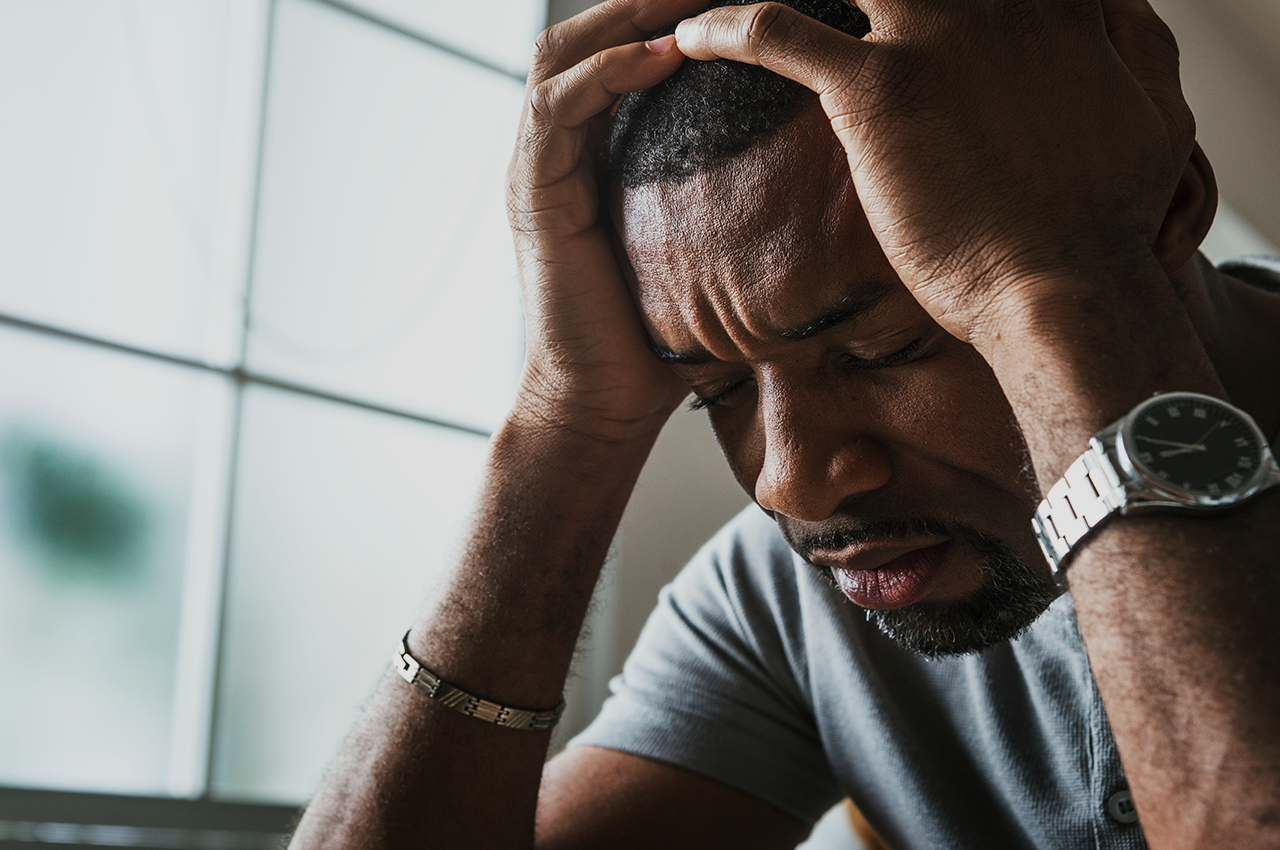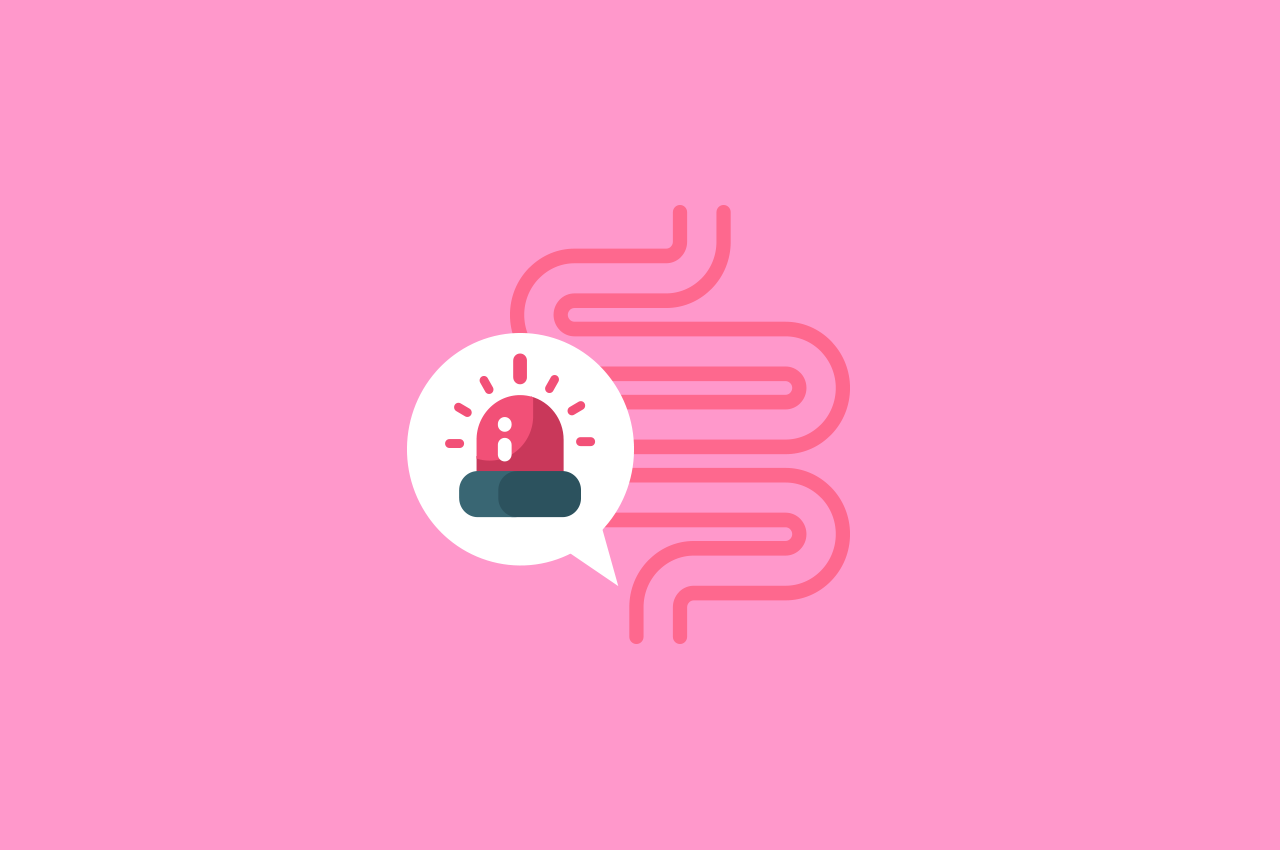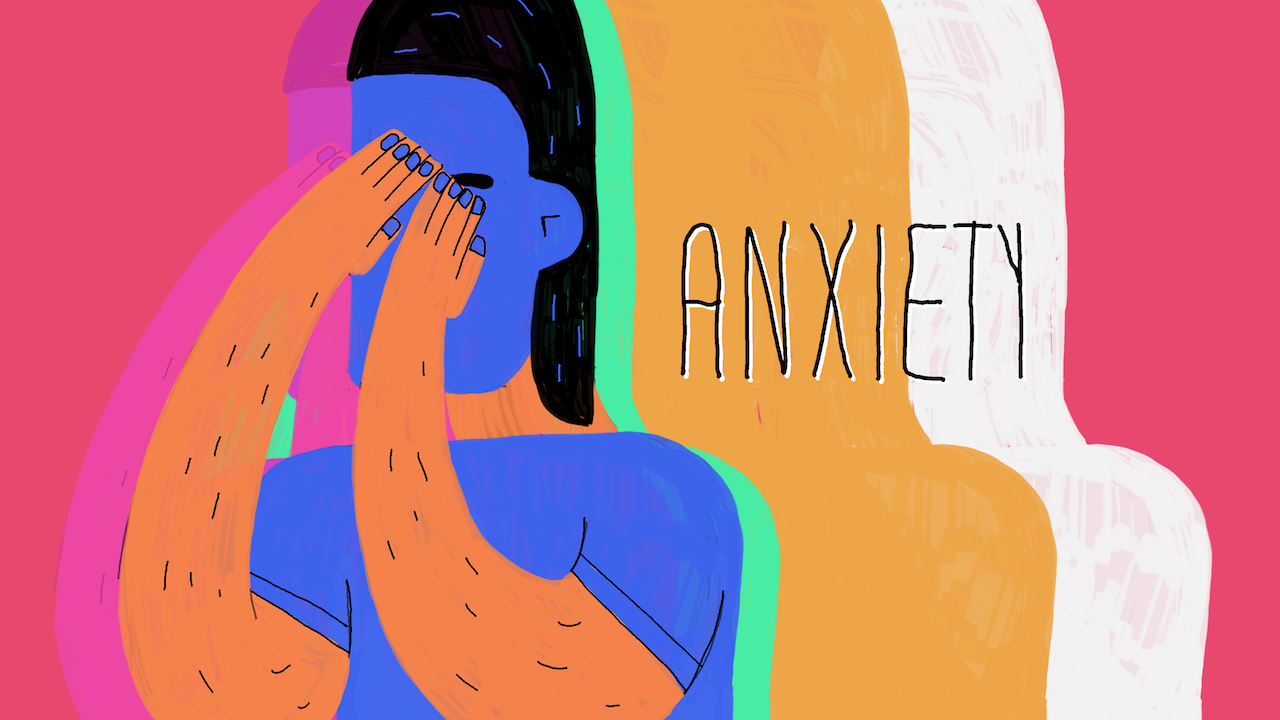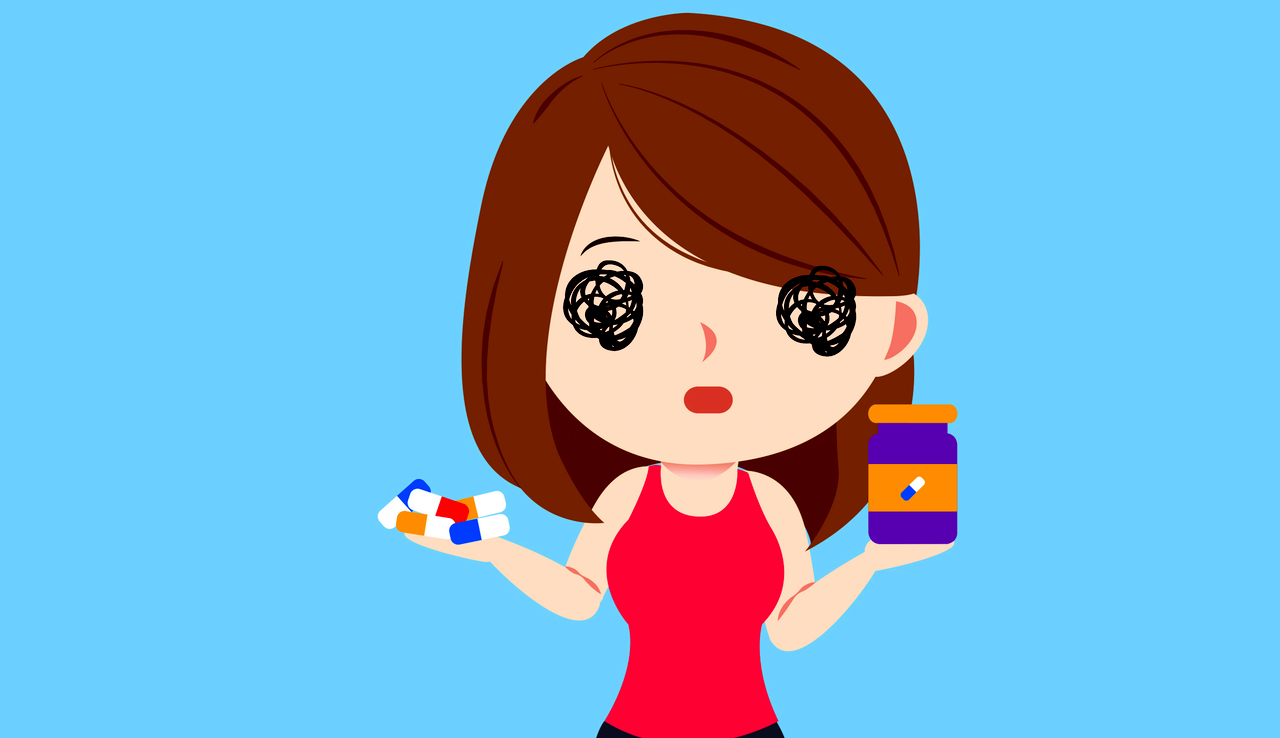Worrying is natural. However, being constantly overwhelmed can start to affect your overall quality of life. Fortunately, there are several ways to treat anxiety, one of which is biofeedback.
What is biofeedback?
Biofeedback is a type of therapy that uses sensors attached to your body to measure key body functions, showing you the information in real time. It helps you to become more aware of how your body works, and how it feels when you experience different health related scenarios. This way you can become more familiar with these scenarios and learn how to either identify triggers or manage symptoms.
Biofeedback has been used for a range of applications, including:
- Treating tension headaches, migraines, and other pain.
- Controlling high and low blood pressure.
- Alleviating digestive disorders like irritable bowel syndrome.
- Help control physical reactions to stress or anxiety.
- Aiding in relaxation and stress management.
Types of biofeedback
How does it work? Depending on your specific health problem or goal, your therapist may use a variety of biofeedback methods, some of which include:
- Brain waves: Scalp sensors to monitor your brain waves using an electroencephalograph (EEG).
- Breathing: During respiratory biofeedback, bands are placed around your stomach and chest to monitor your breathing patterns and respiration rate.
- Heart rate: Finger or earlobe sensors with a device to detect blood volume changes, or chest, lower torso or wrist sensors. Both measure your heart rate and how it varies with each beat.
- Muscle contraction: Sensors are placed over your skeletal muscles with an electromyograph (EMG) to monitor the electrical activity that causes muscle contraction.
- Sweat gland activity: Sensors are attached around your fingers or on your palm or wrist with an electrodermograph (EDG) to measure sweat gland activity, alerting you to anxiety.
- Temperature: Sensors are attached to your fingers or feet to measure blood flow to your skin. Because your temperature often drops when you’re stressed, a low reading can prompt you to begin relaxation techniques.
According to Harvard Medical School, biofeedback has been successfully used to treat:
- Chronic pain
- Temporomandibular joint (TMJ) disorders
- Digestive disorders, including constipation
- Incontinence (both urinary and faecal)
- High blood pressure (hypertension)
- Abnormal heart rhythms (cardiac arrhythmias)
- Addiction, including to alcohol
- Epilepsy
- Paralysis and certain movement disorders
- Spinal cord injury
- Sleep disorders
- Premenstrual syndrome (PMS)
- Bedwetting
- Attention-deficit disorder (ADD) and attention-deficit hyperactivity disorder (ADHD)
- Panic disorder
- Anxiety disorder
Only health professionals registered with the Health Professions Council of South Africa may practice biofeedback, so be sure to check your doctor’s credentials before starting any treatment.
References:
- https://www.medicalnewstoday.com/articles/265802.php
- https://www.mayoclinic.org/tests-procedures/biofeedback/about/pac-20384664
- https://psychcentral.com/blog/managing-anxiety-with-biofeedback/
- https://www.verywellmind.com/what-is-biofeedback-2794875
- https://www.health.harvard.edu/medical-tests-and-procedures/biofeedback-a-to-z

